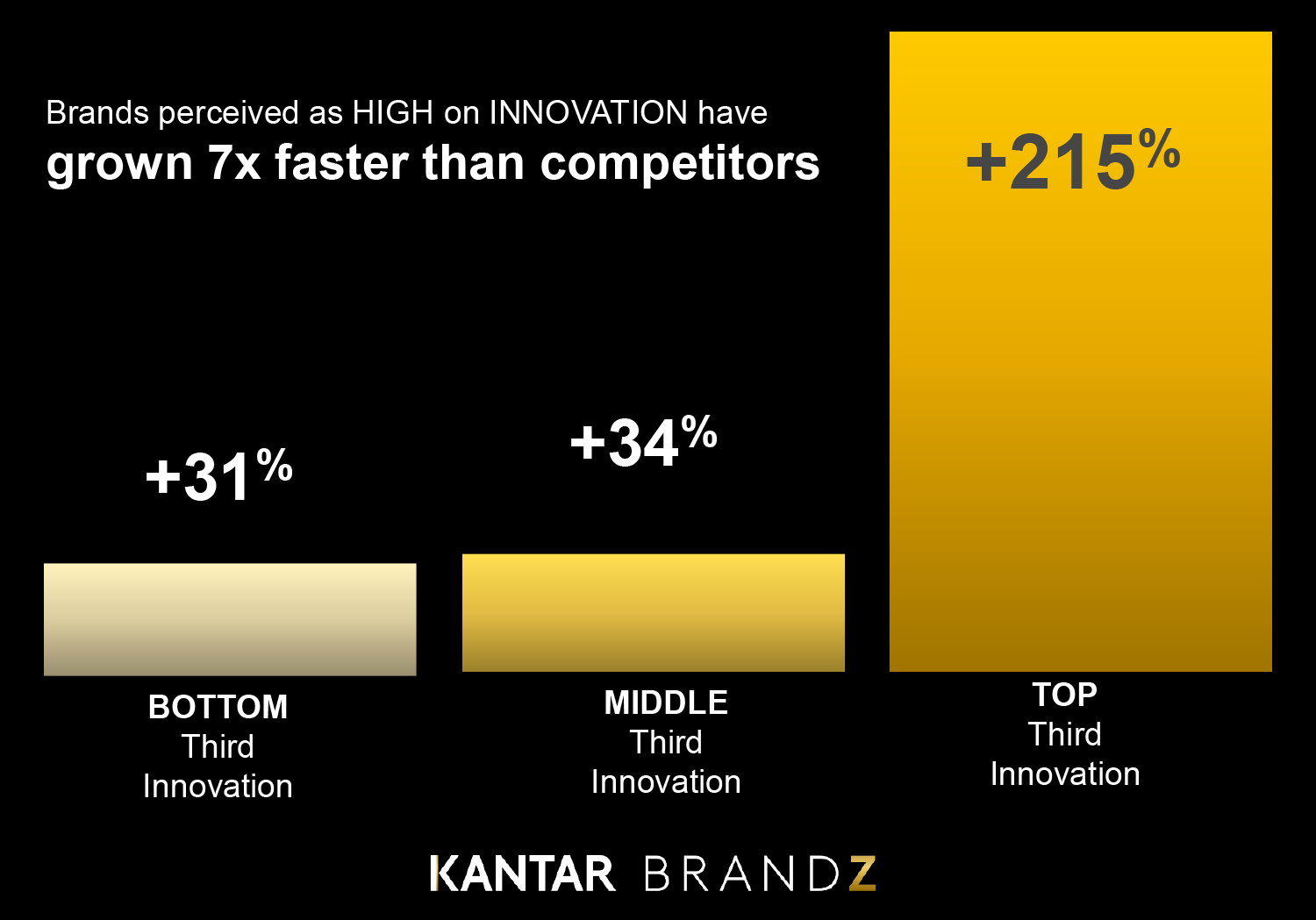In October we revealed how people worldwide are thinking and feeling in a webinar with new insights from our Global Issues Barometer. The immediate spur to this work was the rising cost of living, but we wanted to know what was really concentrating the minds of people all around the world, to help our clients better navigate their challenges.
So, we used a new methodology, with open-ended questions and analysis underpinned by Kantar’s Text AI technology, to get an unvarnished picture of what people worry about, in their own words.
In a previous wave of the study in April, some readers may have been surprised that the cost of living was far from the dominant theme. The War in Ukraine overwhelmed every other issue by a significant margin and it was the issue of greatest concern in every country surveyed on every continent. The economy in general was second, with a sub-set of inflation-specific concerns coming fourth, after climate change and environment which took third place overall.
Six months on, the order is unchanged but there have been some shifts in the degree of concern. War has come down, economy and inflation have increased, but climate change and the environment have rocketed up by 50%. This follows an extraordinary summer in the Northern hemisphere which has finally brought home to many prosperous countries the dangerous levels of warming that are now taking place.
People’s primary concerns (top 3 mentions)
 Source: Kantar Global Issues Barometer
Source: Kantar Global Issues Barometer
None of these problems exist in isolation and there is quite a sophisticated appreciation of the interrelated nature of the challenges we face. For instance, the war is understood as a major driver of inflation but to a lesser degree so are energy prices, resource supply and even climate change-related events. Worries about war range from those same economic consequences of inflation and shortage to humanitarian problems (suffering, refugees and sheer violence) and the geopolitical (fear of escalation involving additional countries or nuclear conflict, as well as encouragement to aggressors).
We know from long experience in consumer insight that big subjects like climate change or a war on the other side of the world can seem very remote. Usually, people focus on things that are close to their own lives. Relevance is all and communications experts know they have to make these remote subjects very personal if they are to get traction. But unusually, the levels of engagement we see here suggest that these things are already personal, and people can already see the relevance to their own lives.
With so much to worry about, the appetite for risk, even in cultures that usually embrace it, is in decline. People’s natural optimism is under pressure and significant life plans are on hold, meaning they can’t make progress in their lives. People respond to all this very differently: 32% try not to think about the situation while an identical number actively engage so they can make informed decisions.
So, what are the implications for brands?
The implications are many – and consumer insight is at the heart of navigating the complexity. Based on the wealth of insight our Global Issues Barometer research provides we have observed six important themes that can help brands better meet people’s evolving needs and challenges.
1. Reduce risk
Firstly, reduce the sense of risk in a way that makes sense for your brand - with quality, with normality, with longevity, with guarantees, with access, with affordability, with safety...
How can you be demonstrably on their side with your offer and your communication?
Many people think investing is too risky for them. In Barclays’ ‘Chilli Challenge’ ad they directly address people’s risk levels to show that everyone has a different level of risk – and that they have an investment to match each person’s needs. This is a very direct approach, but there are many other ways of creating effective communication to reduce the sense of risk.
Barclays The Risk Takers - Chilli Challenge
2. Lift morale
Second, lift morale. We learned a lot during the pandemic about how exhausting it is for consumers to be constantly reminded how tough life is. Where was the joy; the optimism that people themselves manifest; the humour; the energy; the sheer pleasure of a great brand with great communications?
We know from our vast experience in creative development and testing that people don’t necessarily want to be empathised into a state of depression - they want to be lifted out of it. Communications should be useful or entertaining, ideally both.
This is a great example of humour from Yorkshire Tea during the pandemic, showing how light-hearted humour can be uplifting in difficult times.
Introducing... The Social Distancing Teapot, Yorkshire Tea

3. Add value
Third, continue to add value through your brand. There is a huge temptation right now to cut, but the lessons of past recessions are very clear and should be widely known by now. There may be many things you can do to create access to your brand; price points and strategies will obviously be key.
The division between needs and wants becomes stark at a time like this. But one person’s want is another person’s need and there are numerous ways to create or maintain the value you offer. We know that brands that continue to invest in brand building and communications during hard times emerge stronger than those which don’t and brands that devalue may not recover. And we also know emphatically from our Kantar BrandZ study that strong brands suffer less and bounce back more quickly than weak ones.
4. Act for climate
Fourth, act for climate. This is no longer a niche issue – it is a literally burning platform and people are coming to grips with this. They don’t quite know what to do and they need your help to scale their impact and do the right thing. This is a massive opportunity for people who seize the initiative. So do the work to understand where you must and can act.
5. Innovate
Kantar BrandZ shows that in difficult times brands that continue to innovate grow seven times faster than competitors. Meaningful difference is the key to brand success and innovation is critical to staying meaningful and different. So seize opportunities to innovate to meet category needs and build your brand value.
History shows us that innovators win -in times of crisis, and beyond
 Source: Kantar BrandZ
Source: Kantar BrandZ
6. Show bravery
Finally, don’t be afraid to change your perspective. Recognising - as your customers certainly do - that business is part of society and the world we all live in puts you firmly on their side. Time and again, we see that people want leadership and are failing to find it in traditional places - with low opinions of the political classes and the performance of governments.
This too is an opportunity. Take it.
Watch our on-demand webinar Under Pressure: What marketers need to know now for strategic planning to find out how consumer attitudes and behaviours are changing along with new analysis from our databases to help you prepare for 2023 with confidence.
Get in touch here or with your local Kantar team to find out more about how people are thinking and feeling around the world and how we can help you respond.

